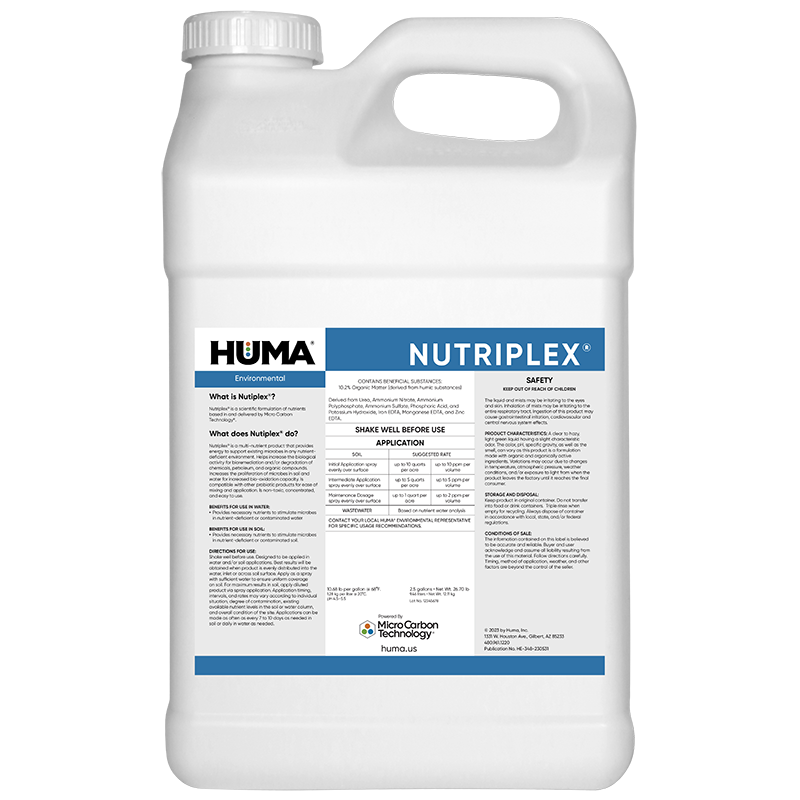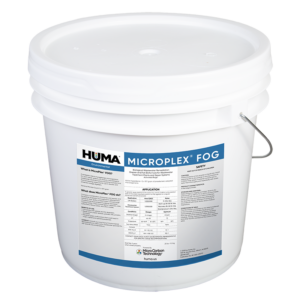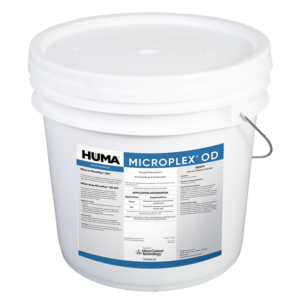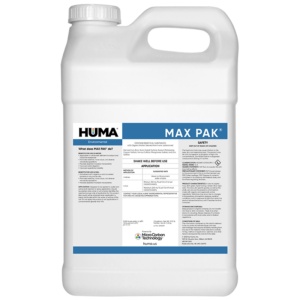FAQs
Related Products
Related Case Studies

Bio Energizer® Reduces Sludge 45% In One Year, Saves Municipal Plant $6 M In Dredging Costs
Summary In this study, a one-year bioremediation plan featuring Bio Energizer® was implemented for a municipal wastewater treatment facility with 2 primary lagoons in which sludge depths had reached 5–7 feet. The lagoons were at risk of upset and wastewater processing capacity was reduced. Sludge levels were measured at baseline and quarterly. Sludge depth was

Lagoon Study Shows Sludge Layer Biologically Active and Responsive to Reduction Using Bio Energizer®
Summary In this study, a one-year bioremediation plan was implemented for a municipal wastewater treatment facility with 2 primary lagoons that were at risk of upset and in which wastewater processing capacity was reduced due to an increased sludge layer. Specific changes in strata microbial life were tracked through ATP and DNA analysis at quarterly

Bio Genesis® Reduces Foam and Increases Stability at Arizona Municipal Wastewater Treatment Facility
Problem A municipal wastewater treatment facility in Arizona uses an activated sludge system with 4 oxidation ditches to treat approximately 9 million gallons per day. The system frequently experiences intermittent foaming and settling issues. The operator was looking for a solution to the foaming and settling issues that would also provide operational stability throughout the
Related Blog Posts

Industrial Wastewater Treatment for Corn Processing Plant
Plant Manaer Geraldo O.: "It's the silver bullet we've been looking for all along." Plant Operator Steve W.: "We tried everything to solve the (odor) problem....We've been tickled to death with the product." Plant Operator Ken R.: "It definitely works. Bio Energizer allows us to function more efficiently."

NMRWA 2019 Instructor of the Year Award Presented to Probiotic Solutions® Project Engineer, Heather Jennings
By Jael Batty Bio Huma Netics, Inc. congratulates Heather Jennings, Project Engineer for Probiotic Solutions®, who was awarded Instructor of the Year at the New Mexico Rural Water Association (NMRWA) Conference on April 10. Ms. Jennings, who has been training and presenting for five and a half years, teaches basic and advanced wastewater math for
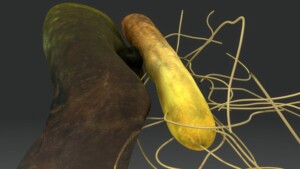
Microorganisms: The Living Engine of Soil—Part 3
In Part 3 of this series, we look at Biocontrol of Plant Pathogens.

